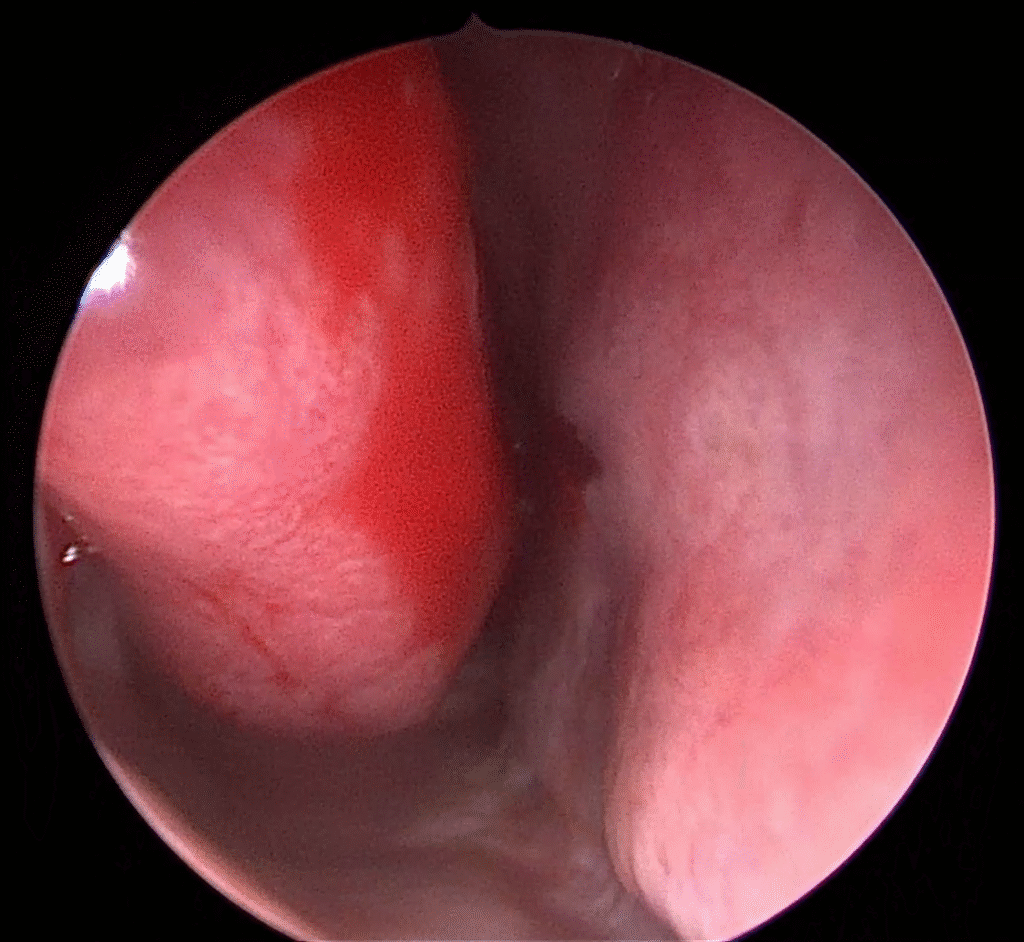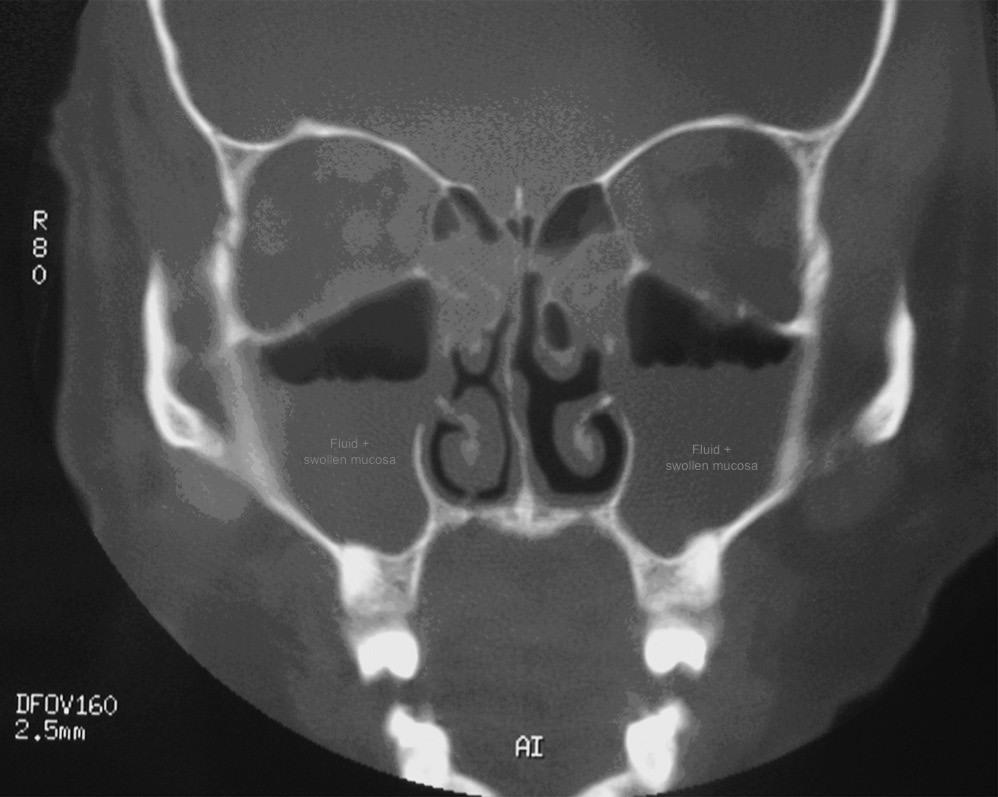Nasal congestion and nasal blockage are some of the most common reasons patients visit an ENT clinic. Whether caused by rhinitis (inflammation of the nasal lining), sinus problems, or structural issues, the inability to breathe comfortably can affect sleep, work performance, and overall quality of life.
Most people start treatment with medications such as nasal sprays, antihistamines, or saline rinses. But what happens if these options no longer work? This is when some patients may start to consider surgical solutions.

Common Causes of Nasal Blockage
Nasal obstruction can be due to one or more of the following:
- Allergic rhinitis – triggered by allergens such as dust mites, pollen, or pet dander.
- Non-allergic rhinitis – due to irritants, weather changes, or hormonal factors.
- Deviated nasal septum – when the wall dividing the nasal passages is crooked.
- Enlarged turbinates – swollen nasal structures that block airflow.
- Nasal polyps – soft growths that can develop inside the nose or sinuses.
When to Consider Nasal Surgery
Surgery is not the first step for treating nasal congestion or rhinitis. In most cases, your ENT doctor will recommend a trial of medical therapy first. However, you may be a candidate for surgery if:
- Medication no longer controls your symptoms – despite using prescribed sprays, tablets, or allergy management, you still have significant nasal blockage.
- Recurrent symptoms despite treatment – your symptoms improve temporarily but keep coming back, affecting your daily life.
- Structural problems are found – such as a severely deviated septum or large nasal polyps, which cannot be corrected by medication alone.
- Sleep and breathing are affected – persistent nasal blockage can worsen snoring, sleep apnoea, or mouth breathing.
Common surgical procedures include:
- Septoplasty – straightening a deviated nasal septum.
- Turbinate reduction – reducing the size of enlarged turbinates.
- Endoscopic sinus surgery – removing polyps or improving sinus drainage.

Risks and Considerations Before Surgery
Like all procedures, nasal surgery carries certain risks, including:
- Bleeding
- Infection
- Scar tissue formation
- Persistent or recurrent symptoms (surgery may not fully cure the problem)
- Change in smell sensation (rare)
Surgery may not be suitable for everyone – especially if your nasal blockage is due mainly to allergies that respond well to medication. The decision should be made after a thorough discussion with your ENT specialist, who will assess your medical history, examination findings, and test results.
The Bottom Line
For most people, nasal congestion, rhinitis, and nasal blockage can be effectively managed with medical therapy. However, if you have persistent or recurrent symptoms despite proper treatment, surgery may offer long-term relief and improve your quality of life.
If you are unsure whether you are a candidate for nasal surgery, book an appointment with our ENT clinic for a detailed assessment. Early treatment can help you breathe better, sleep better, and live better.
For more Information about services provided visit : https://theentdr.com/services/nose/
To read more on allergic rhinitis : https://www.entnet.org/quality-practice/quality-products/clinical-practice-guidelines/allergic-rhinitis/
To read more on the types of nasal surgery : 10.29337/ijsp.160
Discover more from The ENT Doctor
Subscribe to get the latest posts sent to your email.


Comments are closed